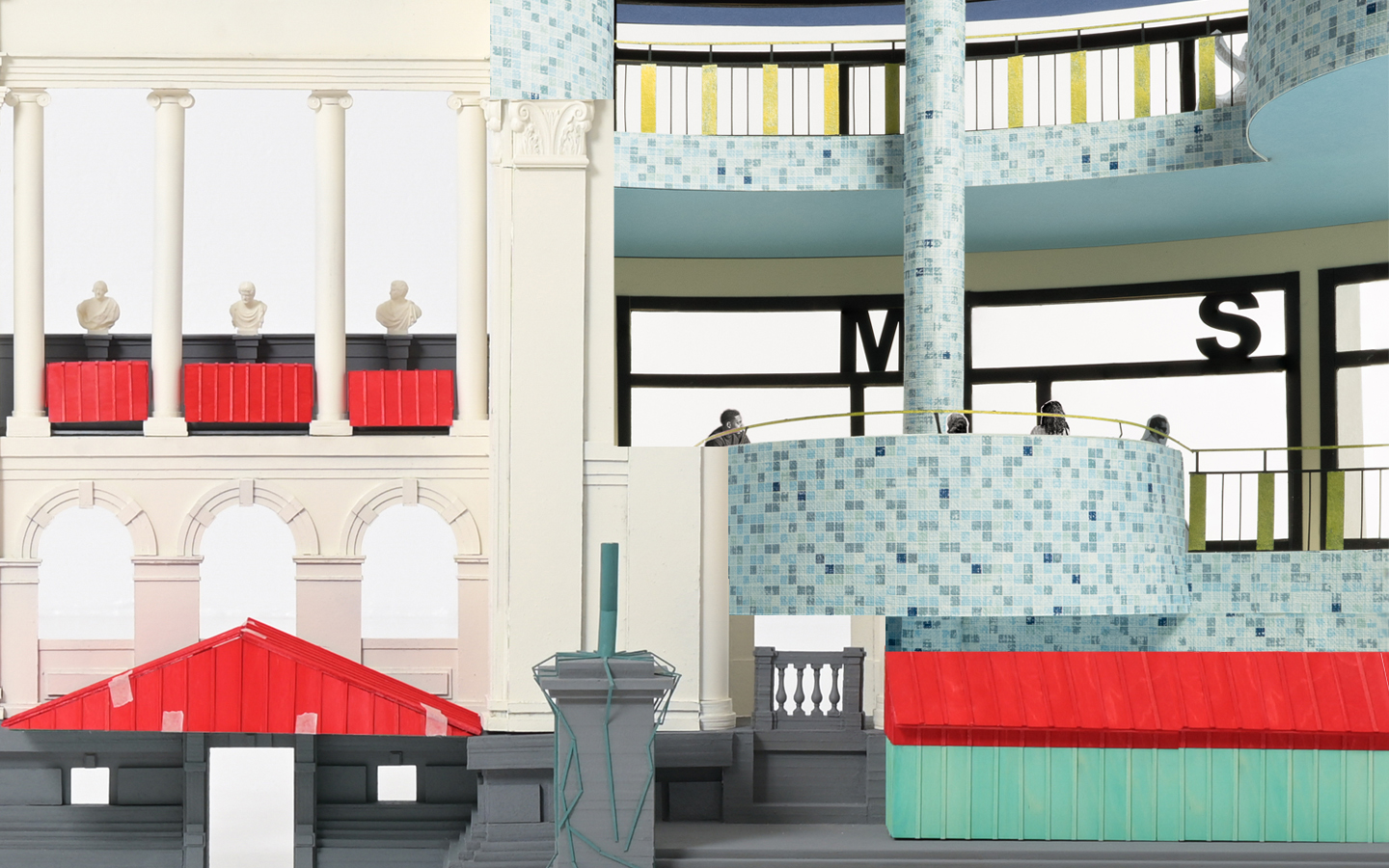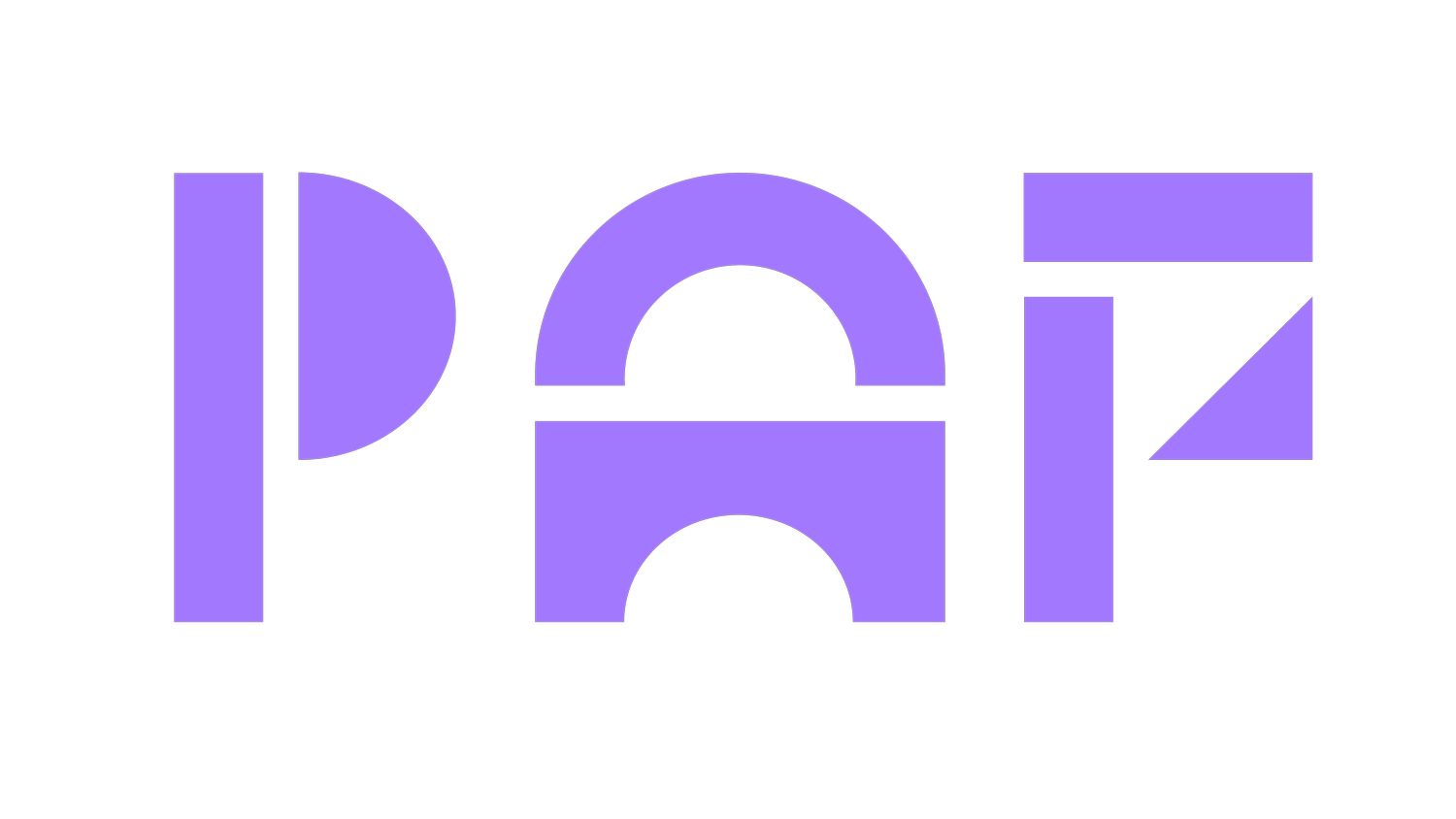What would a non-ableist city be like?

Buildings carry stories and values, but often these are stories of exclusion. How do we engage with historic architecture that is not only physically inaccessible but also represents and reproduces an aesthetic of ableism? What if we approached architecture by seeing disabled bodies and experiences not as problems to fix, but as starting points for design? On Tuesday, 30 September, PAF and Büro Juliane Greb invite you to an evening exploring disability as a critical lens and a creative force in architecture. Joining the conversation are Negin Eisazadeh (KU Leuven & ULiège), Sam Michiels (Accessibility Advisory Council of the City of Leuven), and Inge Vinck (architecten Jan de Vylder Inge Vinck).
This conversation is a collaboration between Büro Juliane Greb, PAF (platform voor architectuur & feminisme), the Flanders Architecture Institute (VAi), and Team Vlaams Bouwmeester. Together with the speakers and the audience, we will discuss how to place care, accessibility, and collective experience at the centre, moving beyond checklists and regulations.
The event takes place within an ongoing research-by-design project that began with a Bouwmeester Label from Team Vlaams Bouwmeester and the Flanders Architecture Institute (VAi). In this project, Büro Juliane Greb challenges architecture's relationship to ableism – discrimination (intentional or otherwise) in favour of able-bodied people. Inspired by David Gissen's book The Architecture of Disability, they take the discussion beyond the politics of accessibility, actively engaging with people with disabilities and exploring topics of representation, aesthetics and identification in the city. The project includes a series of speculations on historic buildings in Brussels, Antwerp, and Ghent, developed within three master design studios at the University of Antwerp, and a 1:1 improvisation at the Palais des Beaux-Arts in Brussels.
“A critical understanding of disability imagines the contributions impairment brings to an understanding of being human—something that might be unleashed, gained and even preserved within society. In this framework, the incapacities and dysfunction represented by disability offer opportunities to reimagine the character and ultimate intent of architecture.”
— David Gissen in The Architecture of Disability
Program
19:00 – 19:30 Arrival with coffee and tea
19:30 – 19:45 Introduction
19:45 – 20:45 Conversation with speakers
20:45 – 21:15 Small group conversations
21:15 – 21:30 Reflections and closing
21:30 Aftertalk and drinks
Accessibility
The ground floor of Timelab is wheelchair accessible, with an adapted toilet available. Assistance animals are welcome. Flexible seating is available, and we can reserve a space if needed. Several team members will be present at the entrance to offer assistance if needed.
Timelab is located 500 meters from Gent-Dampoort train station. Street parking is available nearby, including one designated disabled parking space directly across from the entrance.
The event will be held in English, but you are welcome to join the conversation in Dutch, French, or any language you feel most comfortable with. We will do our best to offer ad hoc whisper translations if needed.
An audio recording, transcript, and an edited article of the conversation will be made available afterward for those unable to attend or fully participate. Unfortunately, there will be no sign language interpreter at this event.
If you have specific accessibility needs or requests, please let us know. We would be glad to discuss how we can support your participation. You can reach us at mail@paf.community.
Tickets
Free / €5 / €10 / €15 (pay what you can)
Choose a free ticket if that better suits your financial situation.
Everyone is welcome to join the conversation; no prior knowledge is needed. We create space for every voice in a warm, open atmosphere.
Photo: Fragments of speculative designs © Büro Juliane Greb x UAntwerpen
